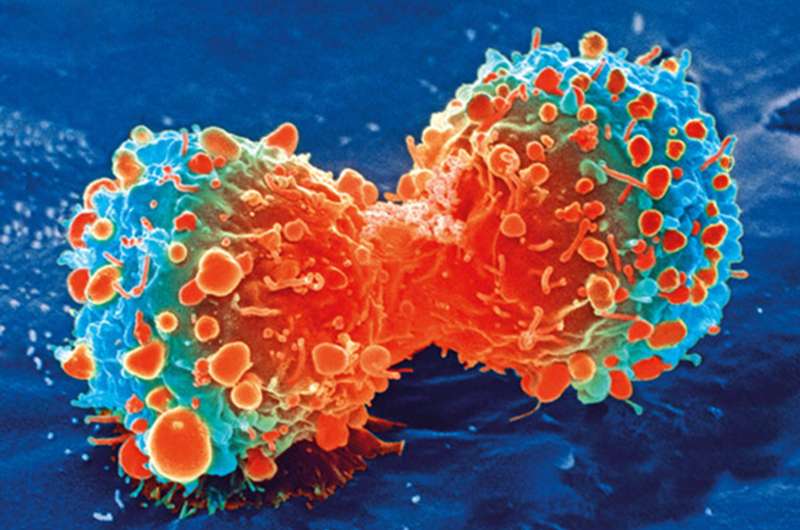Clinically applicable math model predicts patient outcomes to cancer immunotherapy

A group of our cancer and mathematics researchers at Houston Methodist have developed a clinically-applicable mathematical model to predict patient outcomes to cancer immunotherapy. Vittorio Cristini, Ph.D., and colleagues report in the April 29 issue of Science Advances that they designed this model in a way that allows for a usable quantitative tool to clinical practice. What makes this model a bit more innovative is that it can calculate a predicted response on a per-patient basis, providing a framework for engineered individual treatment strategies.
They obtained CT-scan imaging data of tumors from before, during, and after immunotherapy in 121 patients treated with checkpoint inhibitor immunotherapy, that were then analyzed using the model to quantify patient-specific indicators of therapeutic response. They found that two mathematical markers that correlate with one or more biologically or clinically relevant parameters, such as anti-tumor immune state and tumor kill rates, were able to identify patient response and survival with high accuracy. Then they validated these results with data from 124 additional patients treated with common checkpoint inhibitor immunotherapies. The model is now being prepared for inclusion in an upcoming clinical trial involving Houston Methodist Cancer Center and MD Anderson Cancer Center.
More information: Joseph D. Butner et al, Mathematical prediction of clinical outcomes in advanced cancer patients treated with checkpoint inhibitor immunotherapy, Science Advances (2020). DOI: 10.1126/sciadv.aay6298



















